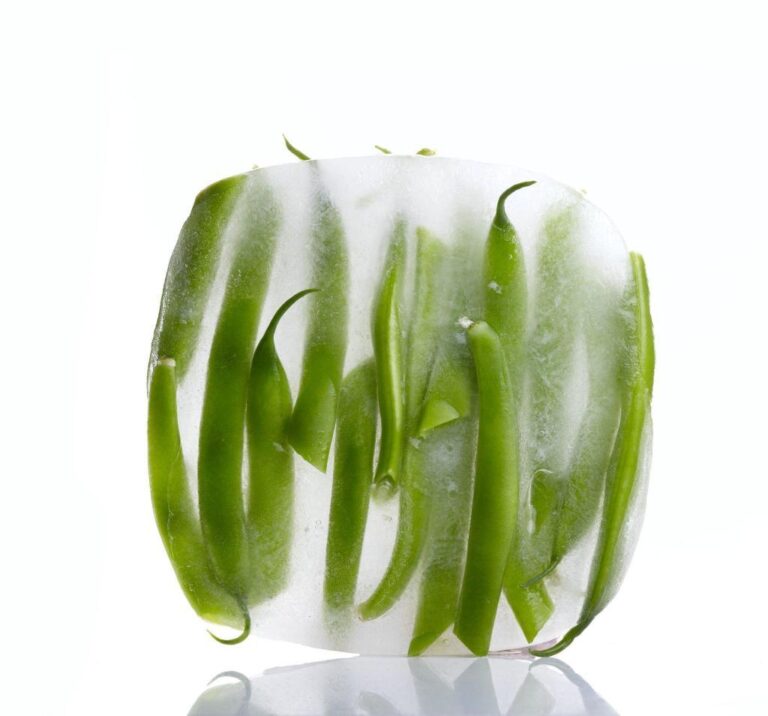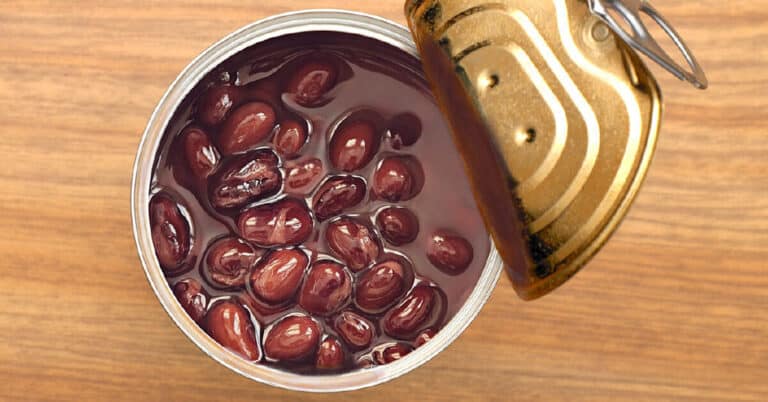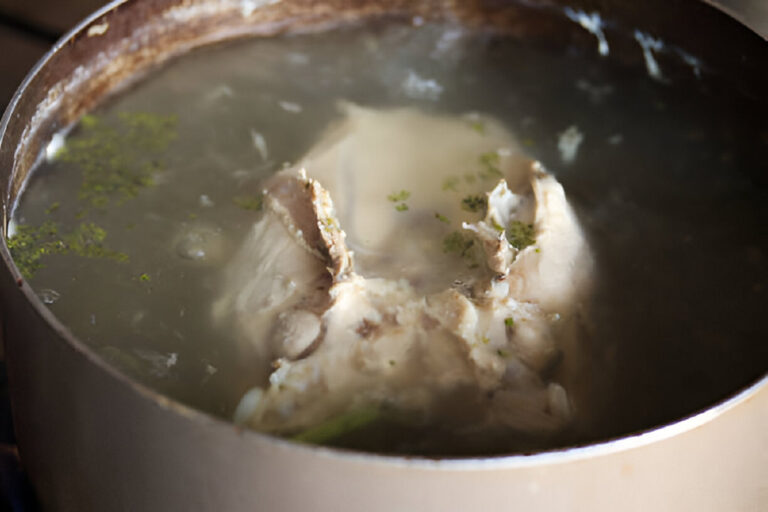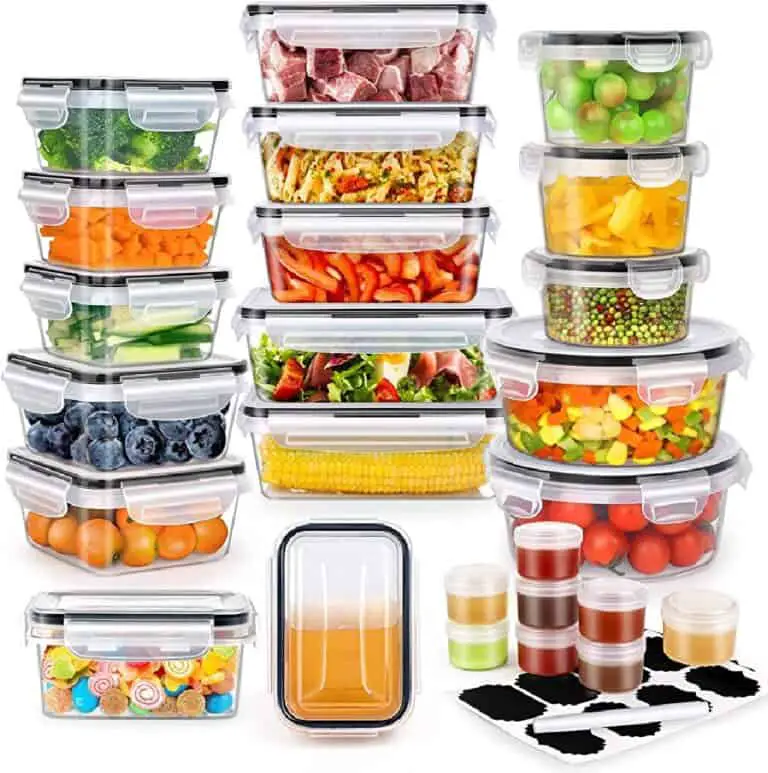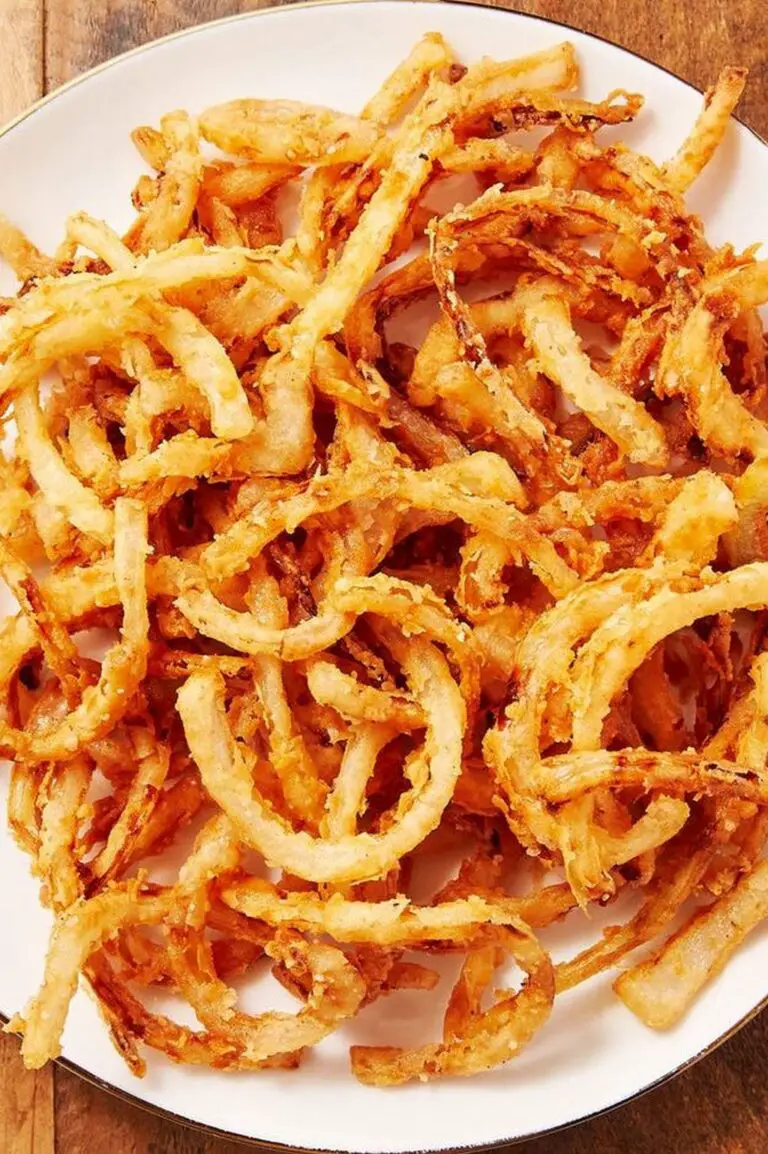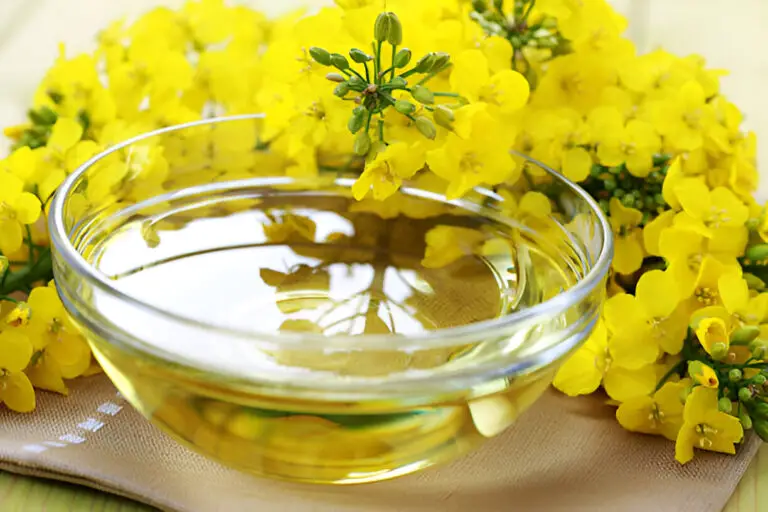Can Blue Slushies Cause Green Poop and Give Me Diarrhea?
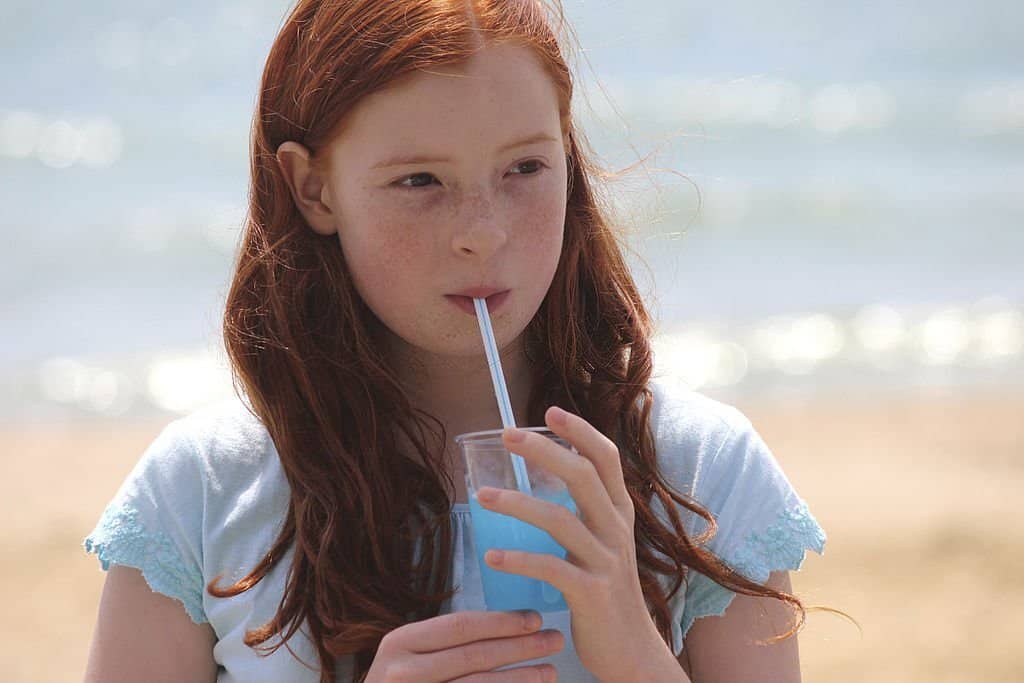
Human poop can range in color from brown to green to red, black to yellow, and every color in between. While many of these color changes are not signs of a disease, some of them may indicate a more serious issue.
Poops can become green for a lot of different things. A diet heavy in chlorophyll vegetables, including spinach or kale, a course of antibiotics, or a bacterial illness are among examples. Although a change in stool color is rarely a reason for alarm, it is worth checking.
Green poop after eating above does not always mean a problem. Chlorophyll, the pigment that gives plants their color, is plentiful in dark green, leafy vegetables, and green fruits. If you consume enough of these plant foods, it is normal for you to get a green stool.
What other factors may be causing your poop to turn green? Well, you may suspect that the coloring ingredients used in the ice drinks are one of the culprits.
So, can blue slushies cause green poop and give diarrhea? Well, it turns out that icy drinks like blue slushies may cause your poop to turn a different color. Diarrhea may be caused by low temperatures in the icing drinks combined with bacteria or germs.
In this topic, we aim to discuss the possibility of blue slushies causing green poop and diarrhea. This way, you can be sure that the drink is safe for you and your family. Also, you may take preventive measures to avoid any unnecessary side effects of drinking these popular drinks.
Can Blue Slushies Cause Green Poop?
There is a story that may or may not be true going around that blue slushies can cause green poop. So, does this mean that you should avoid all blue-colored drinks and foods?
The answer is no. While it is true that eating blue foods can sometimes turn your poop green, this isn’t always the case. In fact, the color of your poop can be affected by a variety of different things, such as what you ate that day or what medicine you are taking.
So, if you’re worried about whether or not drinking a blue slushie will turn your poop green, don’t be. The best way to know for sure is to test it out yourself! But if you’re still not convinced and would rather avoid the risk completely, there are plenty of other colors to choose from.
Causes of Unusual Stool Color
There are many possible causes of unusual stool color. The most common things are food and drink, but there are a number of other possible causes as well. Here are some of the most common:
- Food and Drink: The colors of food and drink can often be seen on the stool. Beets, for example, can cause red stool, while blueberries can make stool appear blue. Iron supplements can also cause black or bloody stools.
- Medicines: Some medications can also cause changes in stool color. Antibiotics, for example, can sometimes lead to green stools. This is because antibiotics kill off healthy bacteria in the gut, which can lead to the growth of other bacteria that produce a green pigment.
- Food additives and coloring can often cause changes in stool color. This is more likely to happen with food that is consumed regularly, as opposed to an isolated incident. For example, Kool-Aid or Jel can cause the stool to be a bright red color. This is because these drinks are heavily colored and can easily dye stools. In most cases, changes in stool color are not a strong sign of any disease or health condition. They are simply the result of what was eaten.
A healthy diet typically results in brown stool. Eating foods that are high in fiber, such as fruits, vegetables, and whole grains, can help keep your stool soft and easy to pass. Foods that are high in fat or cholesterol can make your stool harder and more difficult to pass.
However, if there are other signs of sickness going along with the change in stool color, it is best to consult a doctor.
What Does the Color of Your Poop Mean?
The color of your stool is influenced by what you eat and drink, as well as by your health conditions and medications. What does the color of your poop mean?
Brown is normal, but black, red, and green stools can signal a health problem.
For example, black or tarry stools may be a sign of bleeding in the upper digestive tract, while red stools may indicate bleeding lower down in the intestines.
Black stool can also be a sign of bleeding in the gastrointestinal tract. This could be due to a number of different causes, such as hemorrhoids, ulcers, or cancer.
Green stools can be a sign of excess bile, and yellow stools may be a sign that you’re not digesting fats properly.
If you’re concerned about the color of your poop, talk to your doctor. They can help you figure out what’s going on and how to fix it.
Can Green Vegetables and Fruits Cause Green Poop?
There is a lot of guessing about whether or not green foods cause green poop. The answer is, unfortunately, yes.
Green vegetables like broccoli and spinach contain a pigment called chlorophyll that is broken down in the gut and releases a green color. This can definitely cause your poop to take on a green color.
While this may be alarming at first, it is actually nothing to worry about. The green color is just a sign that your digestive system is working properly and is processing all of the nutrients from your food.
When you eat a lot of green fruits, vegetables, nuts, seeds, or herbs, your poop can turn green. Eating meals that are really dark in color, such as purple or blue, may also cause your poop to turn a greenish color.
Foods That Can Cause Green Stools
Foods that can cause green stools are usually green in color. These include Jell-O, grape-flavored Pedialyte, green fruit snacks, spinach, and other leafy vegetables.
While different foods will turn different colors, green is often a sign that something has been eaten that the body is unable to digest properly. In most cases, this is nothing to worry about and is simply the result of eating something unusual.
However, if the green stool continues to exist for a long time or exists along with other signs of sickness, it may be a strong sign of a more serious issue and medical attention should be sought.
Do Slushies Cause Diarrhea?
Recently, people have been noticing an alarming trend of blue slushies causing them to get diarrhea. Some people believe that slushies can cause diarrhea, but there is no scientific evidence to support this claim.
There are several reasons why people might think that slushies cause diarrhea. For one, the cold temperature of the drink can cause the body to become dehydrated, which can lead to diarrhea.
The cause for concern is that the icy drinks contain high levels of ethylene glycol which can cross the intestinal wall and upset the stomach and intestines.
Additionally, many of the syrups and juices used to make slushies are high in sugar, which can also cause diarrhea or even stomach cramping.
However, there is no scientific evidence that proves that slushies actually cause diarrhea. In fact, most cases of diarrhea are caused by viruses or bacteria, not by what people eat or drink.
While it’s unclear how many people are affected by this phenomenon, those who are are urging others to avoid these drinks altogether. If you enjoy frozen drinks and are looking for a new way to cool down, be careful of the blue slushies you may be drinking.
Drinks That Can Help With Diarrhea
Drinking extra water may help if you have diarrhea, but it is not enough. You’re losing vital minerals and electrolytes that water cannot replace. There are many drinks that can help with diarrhea, but some are better than others.
Water is a good choice, as it helps to flush the system and replace lost fluids. Minerals and electrolytes are also important, as they help to restore balance in the body.
Oral rehydration solutions like Pedialyte or Gatorade can be helpful, as they contain the right combination of minerals and electrolytes to help relieve symptoms.
Broth or soups can also be beneficial, as they provide hydration and nutrients. It is best to avoid caffeine, alcohol, and sugary drinks, as they can exacerbate symptoms.
How to Stop Diarrhea Immediately
If you are experiencing diarrhea, the best way to stop it immediately is to take an over-the-counter medication like Imodium or Pepto-Bismol. These medications will help to slow down the movement of fluid through your intestine and return bowel function to normal.
In addition, you should drink plenty of fluids to stay hydrated and avoid becoming dehydrated. Finally, you should avoid eating any foods that may aggravate your diarrhea.
Conclusion: Are Blue Slushies Safe to Drink?
In conclusion, blue slushies are safe to drink. Although they may not be the healthiest option, they are a great way to cool down on a hot day. If you are looking for a refreshing drink that is also healthy, try blending up some fruits and vegetables instead.
Your green poop may be due to many factors. Your diet and health condition, along with many other things, can cause this.

